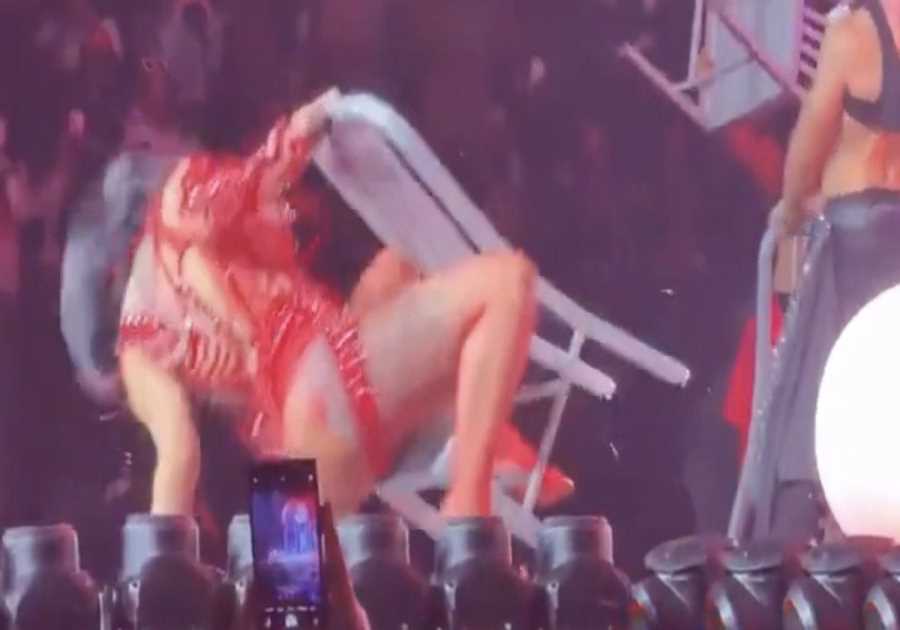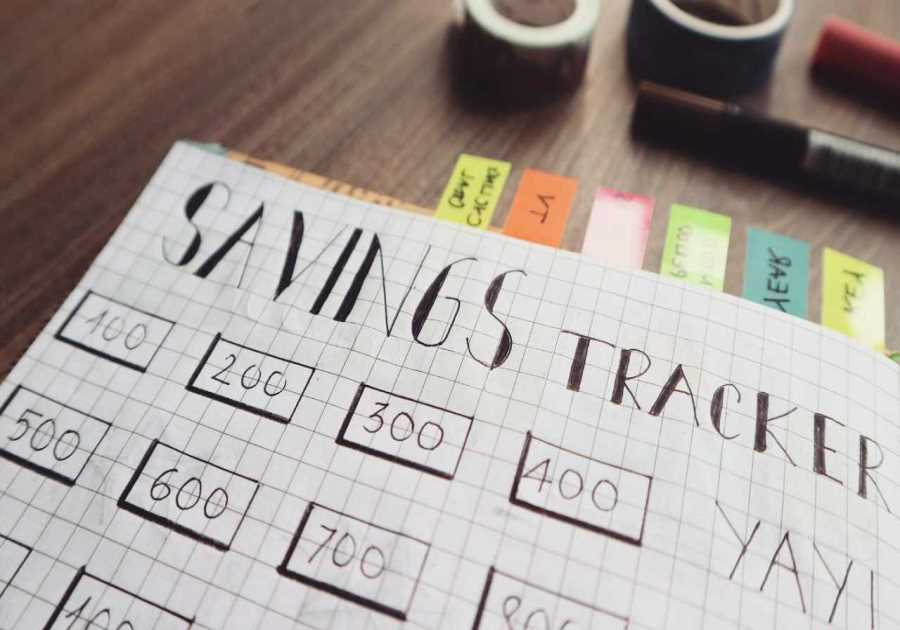Serve Robotics
- Serve Robotics, formerly part of Postmates, has been testing autonomous-delivery robots since 2018.
- The Uber-backed startup recently hired the former DoorDash exec Prahar Shah as its revenue chief.
- Shah is taking a page from his DoorDash playbook to expand Serve's sidewalk robots across the US.
Serve Robotics is ready to go national with its autonomous-delivery robots.
When it comes to amassing a large food-delivery footprint, the startup has hired a ringer in the delivery sector — the former DoorDash executive Prahar Shah.
Shah, one of DoorDash's first 50 employees, was named Serve's chief revenue officer last month. In this new role, Shah plans to step up the company's partnerships with restaurants and deploy thousands of its sidewalk robots across the US. Serve's robots have the potential to be ubiquitous in our everyday lives, he said.
But first, Serve needs buy-in from restaurants, and that's where Shah's DoorDash experience is crucial.
As the former head of business development at DoorDash, Shah helped scale the delivery operator's presence across the US by signing deals with large chains. Shah told Insider he plans to use that same playbook that made DoorDash the No. 1 food-delivery provider in the country.
The primary strategy is to target big chains with massive scale, like Taco Bell and The Cheesecake Factory. Serve said the company is exploring expansion to multiple cities in Texas, California, and Canada.
"Big, established players help give us the demand," he told Insider. "They seed the market for us."

Serve Robotics
Once it cuts deals with one or two big chains, other mid-market restaurant players like Shake Shack are likely to follow, he said.
This is "very similar to part of the playbook that we ran at DoorDash," Shah said.
Some big chains have already shown interest in the delivery robots. This year, Pizza Hut Canada and Walmart tested Serve's robots.
Serve is counting on the help from investors with major retail and restaurant ties including Uber; the Delivery Hero- backed DX Ventures; and 7-Eleven's corporate venture arm, 7-Ventures.
—Film The Police LA (@FilmThePoliceLA) September 13, 2022
Above: A Serve Robotics robot became a Twitter sensation after it appeared to force its way through a police crime scene. A Serve spokesperson said someone on the scene lifted the police tape and encouraged the robot to cross it.
Autonomous robots are 'cheaper' than human-controlled food delivery
Serve Robotics launched in 2017 under a new innovation division of Postmates, a Bay Area food-delivery company competing with Uber Eats, Grubhub, and DoorDash. A year later, Serve began testing its sidewalk robots in Los Angeles.
After Uber bought Postmates in 2020, it spun off Serve, but the ride-hailing giant remains a minority backer of the robotics startup.
Most of Serve's restaurant partnerships have been with local restaurants in Los Angeles, such as Bossa Nova and Lala's Grill. Now, the company is targeting big chains.
Over the past two years, Serve has seen a handful of rivals emerge in a robot-delivery market expected to grow to $957 million by 2026 — up from $212 million in 2021, according to MarketsandMarkets Research.
Competitors in the robot-delivery space include Kiwibot, Starship Technologies, and Coco. Coco has dozens of robots deployed in various parts of the US, including Los Angeles. The startup's bots are remote-controlled. Kiwibot and Starship are leaning into college campus deliveries.
As it approaches national chains, Serve plans to play up its fully autonomous sidewalk robots as a "labor solution" to delivery, Shah said.
The company says its robots, which can carry about 50 pounds, are 30% to 50% less expensive than deploying human couriers.
Still, ServeRobotics doesn't see its robots fully replacing third-party delivery operators.
After all, the robots are not designed for long-distance delivery. The company said that the strategy is to convince restaurants to adopt Serve's robots for deliveries ranging from 1 to 3 miles. Serve said its data shows that 50% of delivery orders are within a 2- to 3-mile radius of the restaurant. Serve's robots can also fulfill deliveries in about 15 minutes.
"Our sweet spot will be closer to a mile," Shah said.
Serve has faced some resistance from chains. Over the summer, Chili's, owned by Brinker International, announced a plan to use Serve. But the new CEO of Brinker, Kevin Hochman, promptly pulled the plug on all of the chain's robot testing in August. The chain told Insider it is "working on more operations-focused innovation to improve" kitchen efficiencies such as equipment designed to reduce cook time.
The Chili's setback does not deter Shah.
He said he doesn't see it as a sign of restaurants having second thoughts on robotics. As he approaches restaurant chains in his new role, he said most understand the necessity of automation.
Operators tell him: "This is the future."
Read More
By: [email protected] (Nancy Luna)
Title: This startup just hired a former DoorDash exec to bring robotic restaurant delivery to the masses
Sourced From: www.businessinsider.com/serve-robotics-hires-ex-doordash-leader-to-expand-its-robots-in-the-us-2022-11
Published Date: Fri, 11 Nov 2022 10:00:00 +0000
Did you miss our previous article...
https://trendinginbusiness.business/business/elon-musk-says-he-has-ptsd-and-paranoia-about-recessions-after-trying-to-keep-tesla-and-paypal-alive-during-periods-marked-by-financial-turmoil
.png)





